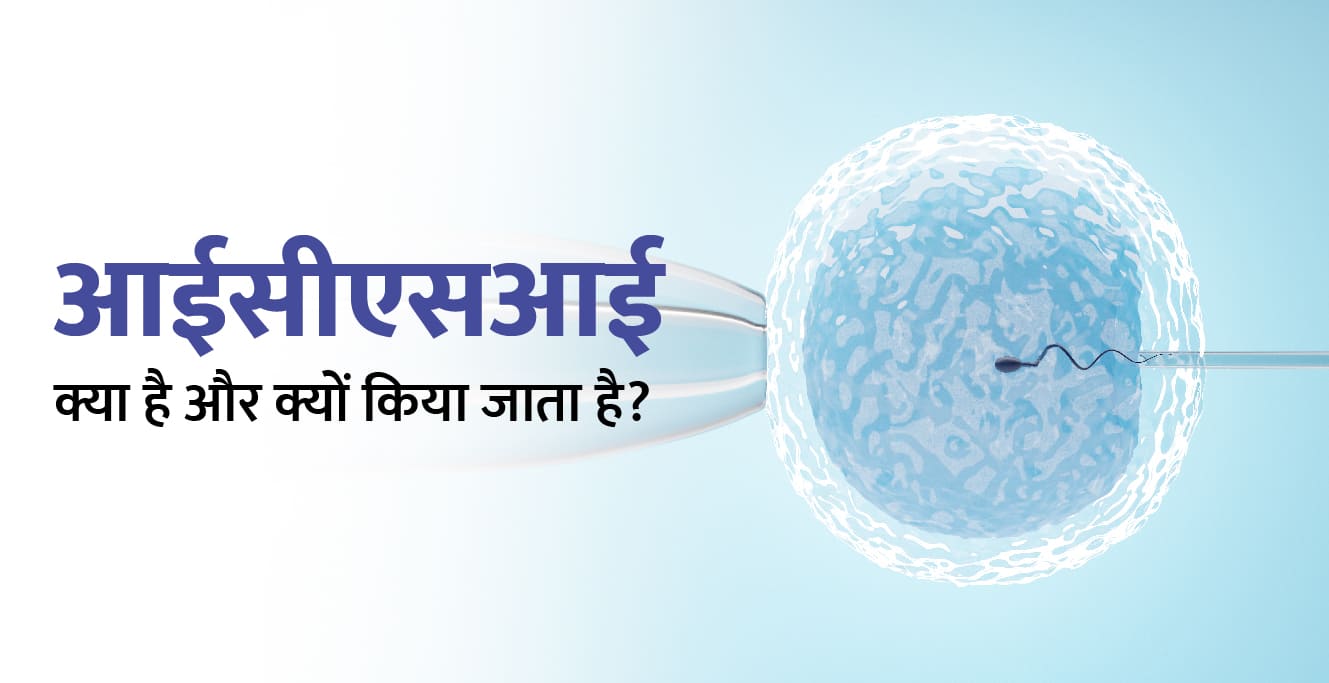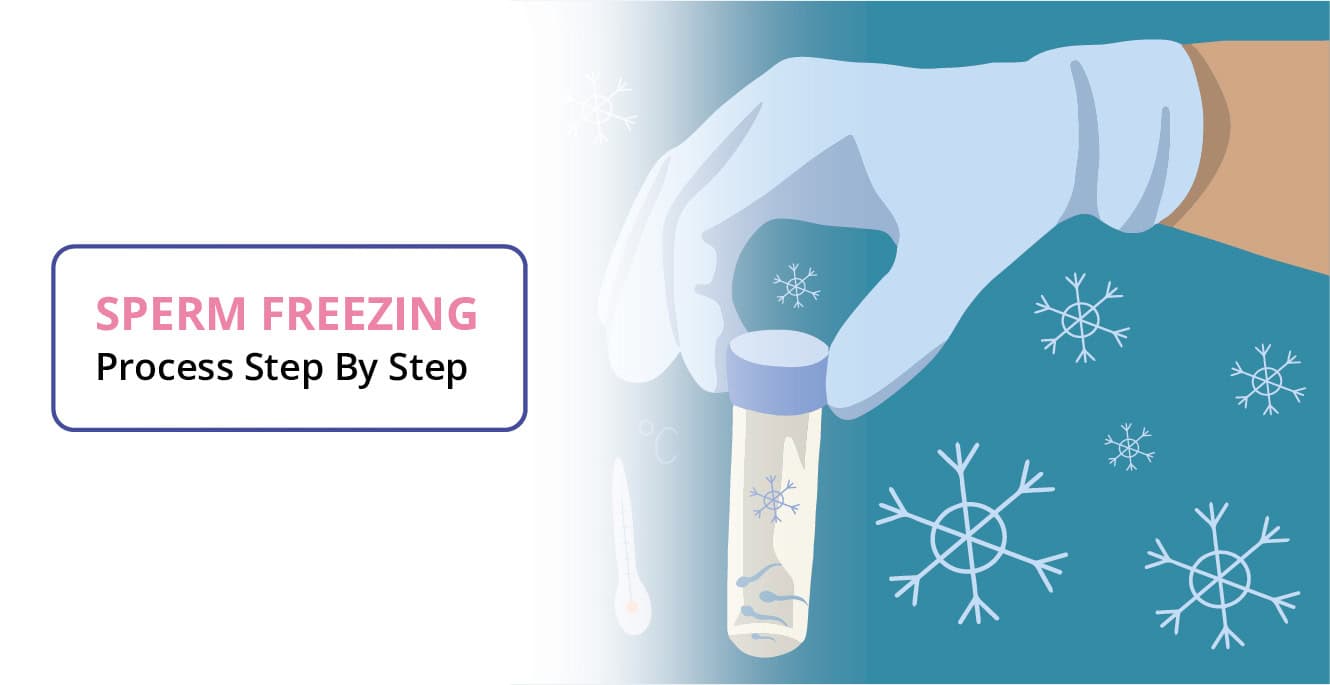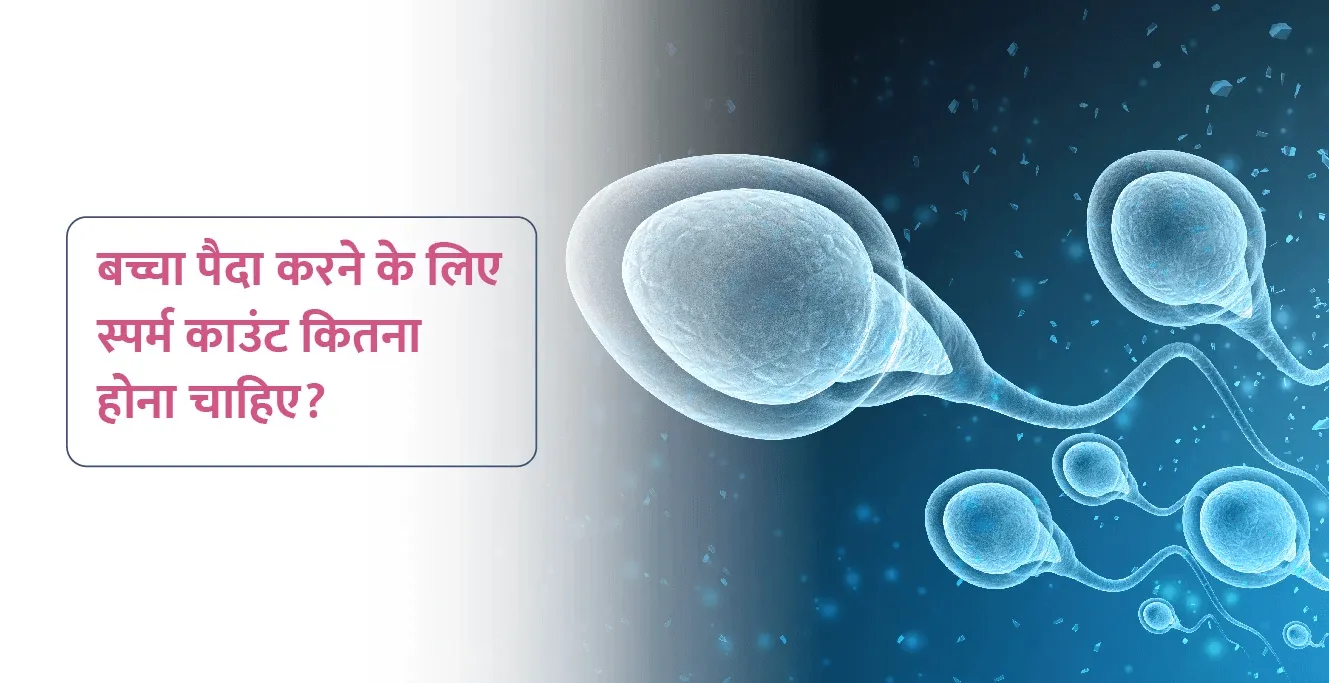7 Days After Embryo Transfer Symptoms
- Published on March 22, 2024
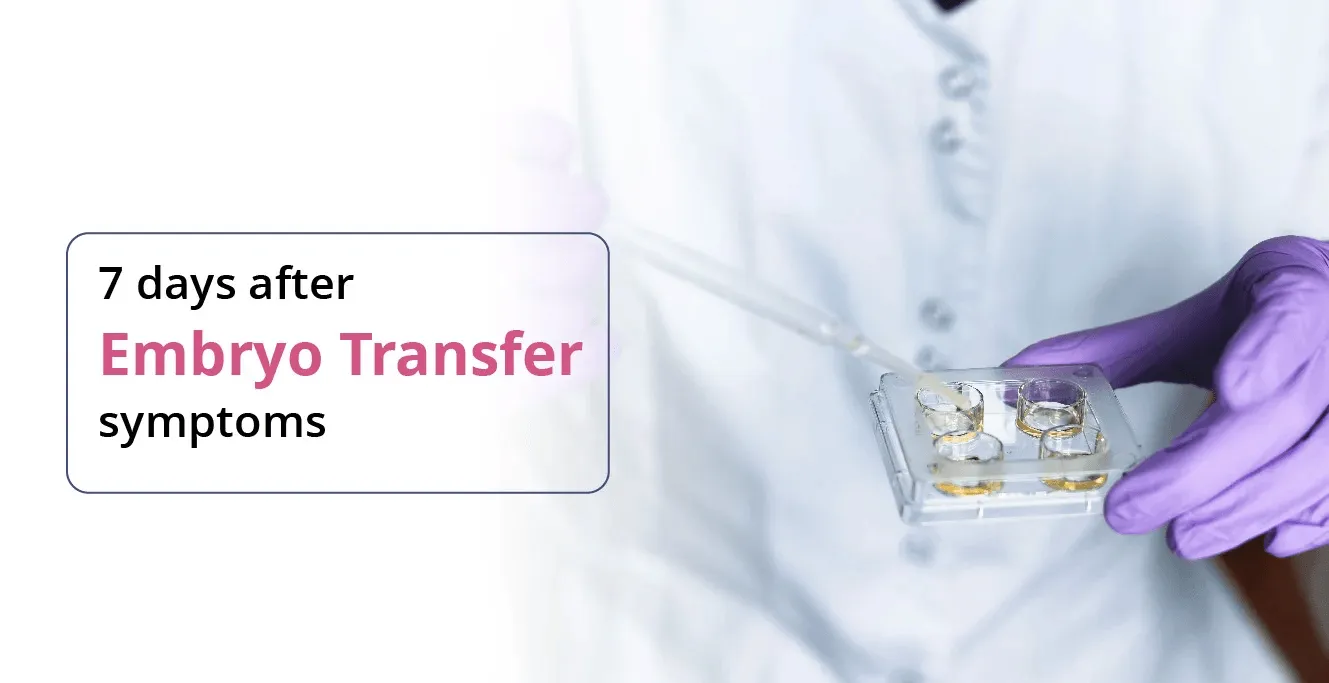
Embarking on the IVF journey brings with it a rollercoaster of emotions, especially during the crucial 7 days after embryo transfer. Anticipation, hope, and the desire to interpret any symptoms that might point to a successful pregnancy are all present during this waiting period. Let’s first explore the day-by-day procedure and understand the insight into what to anticipate in these crucial seven days following the embryo transfer process.
Table of Contents
Day 1 – The Beginning of the Wait:
The seven-day countdown starts the day following embryo transfer. This is the point at which a lot of people begin to attentively observe their bodies in the hopes that the embryos have implanted.
Days 2 to 4 – Early Indications:
Some women may have slight bloating or cramping during this time, which could be related to the embryo implantation into the uterine lining. It’s important to remember, though, that these sensations are mild and frequently confused with the normal discomfort experienced before menstruation.
Day 5 – A Critical Turning Point:
The blastocyst starts to hatch and fully implant into the uterus on day 5. More noticeable symptoms, such as breast sensitivity or an enhanced sense of smell, may begin to appear in some people. However, it’s important to manage expectations, as these signs can also be related to hormonal changes from the fertility medications.
Day 6 – Potential Spotting or Light Bleeding:
Some people may experience light spotting or bleeding, which is commonly known as implantation bleeding. Although this behaviour is thought to be natural, it’s still important to share any concerns you may have with your healthcare provider.
Days 7 to 10 – The Countdown Continues:
During the final few days of the seven-day wait, there may be a mixture of anxiety and increased excitement. Some may still have occasional cramps, while others might not have any noticeable symptoms. It’s important to keep in mind that the lack of symptoms does not always prevent bad things.
Day 7 After Embryo Transfer Symptoms:
At this stage, the countdown comes to an end, and people start to exhibit symptoms including weariness, mood fluctuations, or increased urination. It should be emphasized that there is no one-size-fits-all set of symptoms and that they might vary greatly.
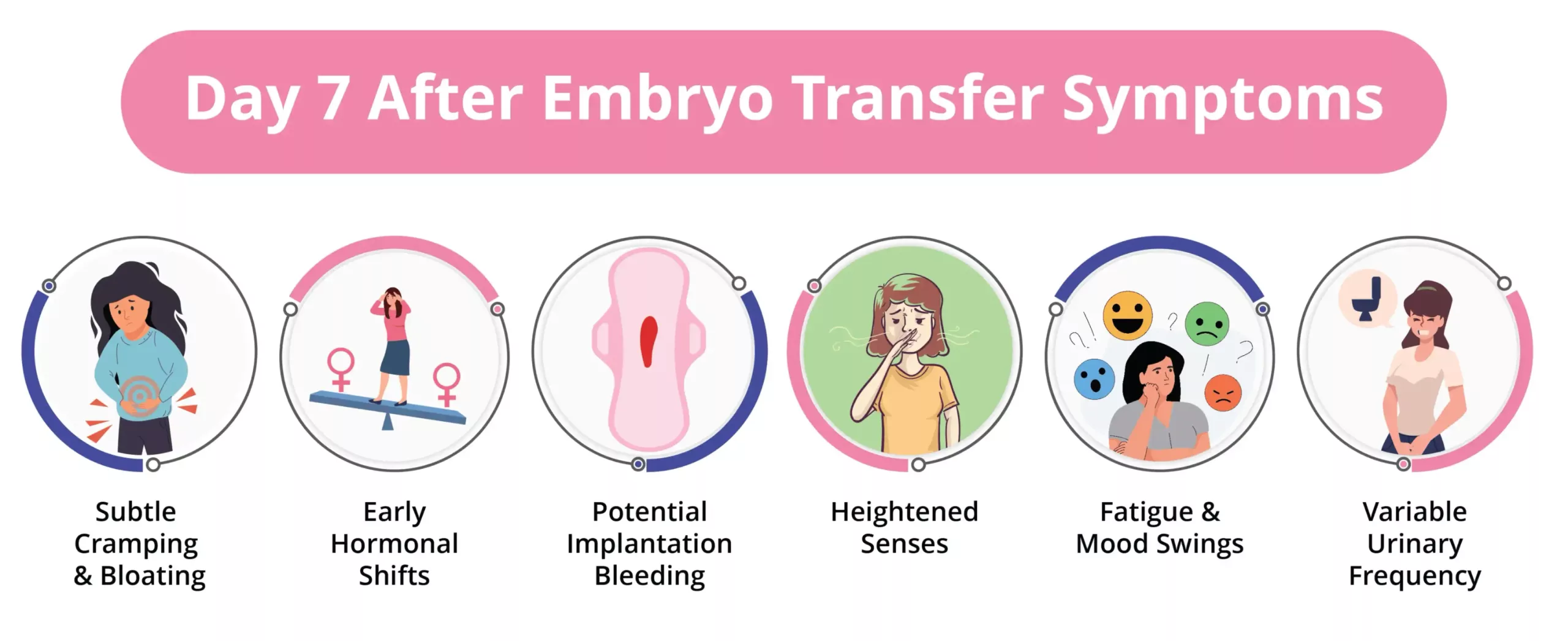
Bodily Changes After Embryo Transfer: Navigating the 7-Day Countdown
- Subtle Cramping and Bloating: In the early stages, moderate cramps and bloating are frequent but subtle symptoms related to the implantation of the embryo.
- Early Hormonal Shifts: Early signs of continuing processes within the body, such as increased olfactory sensations or breast sensitivity, can be caused by hormonal changes.
- Potential Implantation Bleeding: Day 6 may bring on minor spotting or bleeding, which is frequently accepted as a typical implantation procedure phase.
- Heightened Senses: As the embryo develops, increased sensitivity to taste and smell, among other senses, may become apparent.
- Fatigue and Mood Swings: The changing hormonal environment during the later half of the 7-day wait may cause fatigue and mood problems.
- Variable Urinary Frequency: During this critical time, some people may have changes in their urination patterns; increasing frequency is one such symptom.
- Individualized Experiences: It is important to understand that physical changes might differ greatly between people, highlighting the individuality of every woman’s reaction to the embryo transfer procedure.
Conclusion:
The seven days following embryo transfer are a sensitive time that is both hopeful and unsettling. Examining every feeling is normal, but it’s also important to keep a balanced viewpoint and refrain from overanalyzing small adjustments. Each person’s experience is distinct, and symptoms might appear in various ways. As the countdown comes to an end, don’t forget to rely on your fertility expert for support and be in constant communication with your doctors. If you are looking for expert advice consult our fertility specialist today by calling the given number or book an appointment by filling out the form with the given details. They can offer you advice and comfort throughout this crucial stage of the IVF procedure.
Frequently Asked Questions (FAQs)
- Can I resume regular activities during the 7 days after embryo transfer?
Yes, you can get back to your regular activities. However, avoid intense exercise; speak with your healthcare staff for specific guidance.
- Is cramping a sign of embryo implantation, and how intense should it be?
Mild cramping is typical and indicates a possible implantation. Severe pain should be reported to your healthcare physician as soon as possible, however intensity varies.
- What if I experience no symptoms during the 7-day wait?
The absence of symptoms does not always portend ill fate. The experiences of women differ; concentrate on your general health.
- Can stress impact the success of embryo implantation?
Periodic stress is unlikely to interfere with the implantation process, even if stress management is essential. Continue to handle emotions in a balanced manner.
- Are there specific foods or activities that enhance implantation chances?
Success is not guaranteed by any particular cuisine, but maintaining a healthy diet and minimizing stress might help with general well-being at this time.
- Can you test positive 7 days after embryo transfer?
It’s conceivable but not certain. Due to fluctuating hCG levels, testing too early may produce erroneous findings. Waiting until closer to the planned pregnancy test is advised.
- How long does the embryo transfer procedure take?
The process of the transfer takes only ten to fifteen minutes on average. Preparation and post-transfer care, however, take longer during a clinic visit.
- Is cramping normal 7 days after embryo transfer?
Indeed, slight cramping is normal and may indicate successful embryo implantation. On the other hand, you should notify your healthcare professional as soon as you have severe or ongoing pain.
- What happens on day 7 after embryo transfer?
Important symptoms to watch out for on Day 7 of the wait include exhaustion, mood swings, and increased urination. It marks the end of the seven-day countdown.
- When does hCG start to rise?
Eight to ten days following embryo transfer, human chorionic gonadotropin (hCG) begins to rise following successful implantation. A blood test can validate increasing hCG levels, which may be a sign of pregnancy.
Related Posts
Written by:
Dr. Madhulika Sharma
Consultant
Dr. Madhulika Sharma is an esteemed Fertility Specialist with more than 16 years of clinical experience. She is renowned for her exceptional expertise and compassionate approach to helping aspiring parents navigate their fertility journey. With over a decade of experience in reproductive medicine, she specializes in cutting-edge IVF techniques and individualized treatment plans tailored to each couple's unique needs. Her commitment to patient care is evident in her warm, empathetic demeanor and the personalized attention she gives to every case. She is a member of the following societies European Society of Human Reproduction and Embryology, Federation of Obstetrics and Gynecological Societies of India (FOGSI), Indian Fertility Society and Indian Society of Assisted Reproduction.
Meerut, Uttar Pradesh
Our Services
Fertility Treatments
Problems with fertility are both emotionally and medically challenging. At Birla Fertility & IVF, we focus on providing you with supportive, personalized care at every step of your journey towards becoming a parent.Male Infertility
Male factor infertility accounts for almost 40%-50% of all infertility cases. Decreased sperm function can be the result of genetic, lifestyle, medical or environmental factors. Fortunately, most causes of male factor infertility can be easily diagnosed and treated.We offer a comprehensive range of sperm retrieval procedures and treatments for couples with male factor infertility or sexual dysfunction.
Donor Services
We offer a comprehensive and supportive donor program to our patients who require donor sperm or donor eggs in their fertility treatments. We are partnered with reliable, government authorised banks to source quality assured donor samples which are carefully matched to you based on blood type and physical characteristics.Fertility Preservation
Whether you have made an active decision to delay parenthood or are about to undergo medical treatments that may affect your reproductive health, we can help you explore options to preserve your fertility for the future.Gynaecological Procedures
Some conditions that impact fertility in women such as blocked fallopian tubes, endometriosis, fibroids, and T-shaped uterus may be treatable with surgery. We offer a range of advanced laparoscopic and hysteroscopic procedures to diagnose and treat these issues.Genetics & Diagnostics
Complete range of basic and advanced fertility investigations to diagnose causes of male and female infertility, making way for personalized treatment plans.Fertility Calculators
Empower your journey to parenthood with our fertility calculators. Accurate, personalized guidance for your fertility goals.






































